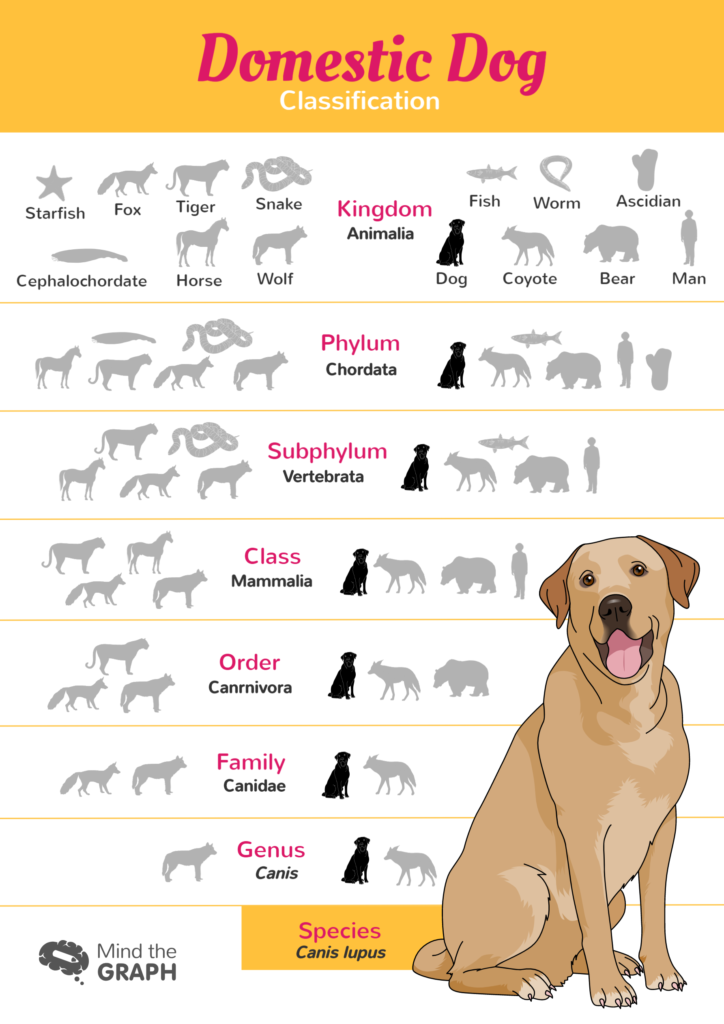How Dog Daycare Helps With Social Development
How Dog Daycare Helps With Social Development
Blog Article
Can Dog Daycare Reason Disease?
Canines in daycare obtain great deals of exercise, socialization with various other pet dogs and distinct experiences. This can be particularly helpful for pups and pet dogs with behavioral concerns.
There are numerous lawful considerations you need to take into consideration when beginning a dog daycare company. These include the structure of your company and compliance with government guidelines.
1. Pooch Distemper
Canine distemper is spread out via direct contact with the bodily fluids and waste of an infected canine, however it can additionally be sent using common water and food bowls or through airborne droplets. This highly infectious health problem is most hazardous for pups, yet it can influence dogs of any age and is fatal for most if left neglected.
Preliminary signs of canine distemper commonly resemble an acute rhinitis, consisting of dripping eyes and nose with watery or pus-like discharge. As the disease progresses, a dog will develop fever, coughing, reduced appetite, vomiting and diarrhea. The virus can also attack the nervous system, resulting in seizures, twitching and partial or full paralysis.
Reliable daycares reduce direct exposure to infection by calling for inoculations, regular health examinations and comply with stringent hygiene procedures. If your pup seems overly tired or limping, a day off might assist him recover, but you should avoid taking him back to daycare till these signs and symptoms clear.
2. Kennel Coughing
Kennel cough, additionally called transmittable canine tracheobronchitis or Bordetella, is a very infectious viral or bacterial disease that affects the respiratory system. It's commonly moved via the exchange of saliva or air beads that an unwell pet dog breathes out. Social canines are at greater threat for infection because of their regular interaction with one another, such as when they play, share food or water, smell each other or just satisfy in a congested environment like a dog park or childcare.
One of the most typical sign of kennel cough is a relentless and strong coughing that sounds like something embeded the throat or retching. Usually, pets will cough up foamy white phlegm. If left unattended, a pet dog can boarder collie dog develop pneumonia and go to severe risk permanently.
A credible day care facility need to have rigorous cleaning and sanitation methods, sterilize all toys, food and water bowls regularly, and be open concerning their vaccination plans. Maintaining your pet dog as much as date on their inoculations, particularly for bordetella and canine influenza, will considerably decrease their chances of getting the health problem.
3. Parvovirus
Canine parvovirus, or parvo, is a highly contagious viral health problem that can be lethal for puppies and young person pet dogs with inadequate body immune systems. It's most commonly spread out by direct contact with contaminated pet feces-- which can occur when dogs smell, lick, or taste contaminated feces-- and indirectly from polluted people, items, or environments (like kennels, brushing rooms and grass). Young puppies and pets without total vaccination backgrounds are especially at risk to parvo.
The virus is exceptionally durable, surviving in the atmosphere for up to 9 years, and can easily be moved in between dogs by call through feces or on footwear, clothes, and bed linens polluted with parvovirus. Otherwise treated quickly with IV liquids, electrolyte equilibrium, vomiting control drugs and prescription antibiotics to stop secondary microbial infections, a canine will swiftly dehydrate and create severe looseness of the bowels, which leads to shock and blood poisoning. Parvo is hard to treat as soon as a canine has actually become ill, however with appropriate veterinary treatment, numerous pups do survive this health problem.
4. Pooch Influenza
Pooch influenza infection is very infectious and spreads via direct call, sharing food and water bowls, licking or nuzzling other pets, with air-borne droplets, and with infected surfaces. Vaccination works in decreasing the danger of infection and episodes.
Many influenced dogs establish a light respiratory infection with a coughing that lasts 1-3 weeks. They might also have nasal and ocular discharge, sneezing, and sleepiness. Some of one of the most serious situations lead to pneumonia and a high fever.
If your pet exhibits any one of these signs and symptoms, do not bring them back to daycare up until they are healthy and balanced. If your pet is showing indications of severe fatigue or limping, speak to your veterinarian immediately and ensure they get on healthiness supplements to help develop their resistance. A vet will examine your pet dog for symptoms of the influenza by taking an example from the nose or throat, and blood tests can be done to confirm.